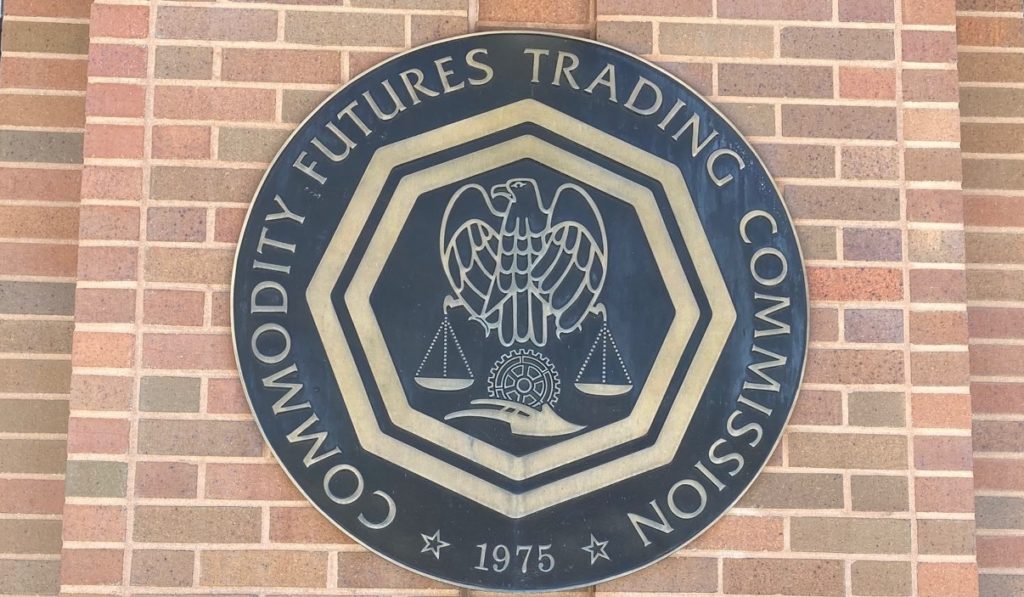On February 15, the Commodity Futures Trading Commission (CFTC) announced that Brian Young has been named as the new director of the CFTC Whistleblower Office. Since it was established in 2010, the CFTC Whistleblower Program has emerged as an essential part of the CFTC’s enforcement efforts, including in the area of crypto fraud.
“Leads generated from insiders are critically important to any financial enforcement program,” said Young. “The tremendous accomplishments of the CFTC’s Whistleblower Program confirm this view. I look forward to working with and learning from the talented CFTC staff to combat wrongdoing.”
“Whistleblowers play a critical role assisting the CFTC be a strong cop on the beat. Much of our Division of Enforcement’s success is tied to the strength of our Whistleblower Office,” said CFTC Chairman Rostin Behnam. “Brian’s extensive experience covering the issues directly impacting our markets will ensure the continued success of the CFTC’s Whistleblower program, and the urgent need to provide individuals who have information the assurances needed to come forward.”
Young previously served at the Department of Justice as acting director of litigation for the Antitrust Division. The CFTC notes that Young “has extensive experience as a derivatives and commodities fraud trial specialist who has tried several of the most significant white-collar crime matters in the past decade.”
The CFTC Whistleblower Program has resulted in the collection of over $3 billion in sanctions. Correspondingly, the agency has awarded nearly $350 million to whistleblowers.
“The CFTC Whistleblower Program has proven to be highly effective in combating commodities fraud as well as international corruption,” said whistleblower attorney Stephen M. Kohn of Kohn, Kohn & Colapinto. “We congratulate Director Young on his appointment, and hope that he continues to manage the office in the professional manner of his predecessors.”
A major issue, however, is that the CFTC Whistleblower Program is facing a financial crisis: the fund used to pay awards and finance the program is facing depletion. “The issue stems from a congressionally set cap on the program’s Consumer Protection Fund,” Kohn recently wrote. “The amount of money that can be placed in the fund, which is entirely financed by sanctions collected thanks to whistleblowers — not by taxpayers — is capped at $100 million.”
Introduced in July by a bipartisan group of senators, the CFTC Whistleblower Fund Improvement Act of 2023 addresses the funding crisis undermining the CFTC Whistleblower Program. “The bipartisan Whistleblower Fund Improvement Act will ensure that the CFTC whistleblower program will not be a victim of its own success and can continue to help root out fraud in the U.S. derivatives markets,” wrote Kohn in a previous article calling for the passage of the bill.
Kohn sees the passage of the CFTC Whistleblower Fund Improvement Act as one of the seven most urgently needed whistleblower reforms. National Whistleblower Center (NWC), where Kohn serves as Chairman of the Board, has issued an Action Alert calling on Congress to pass the bill.
Join NWC in Taking Action:
Save the CFTC Whistleblower Program
Further Reading:
CFTC Names Brian Young as Director of Whistleblower Office
Leading Whistleblower Attorney: Congress Must Pass CFTC Whistleblower Funding Law
